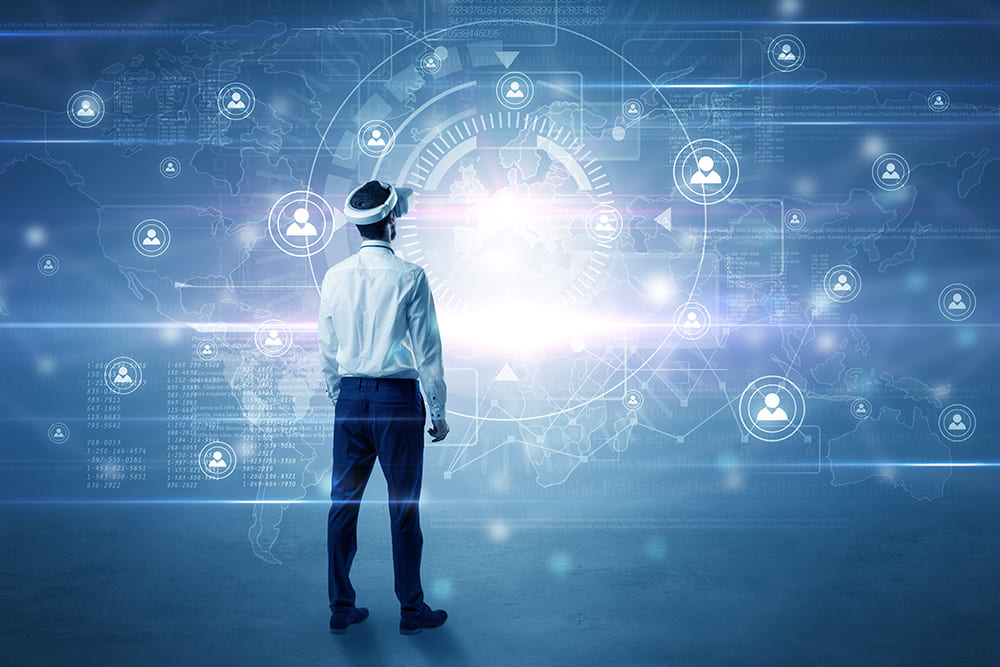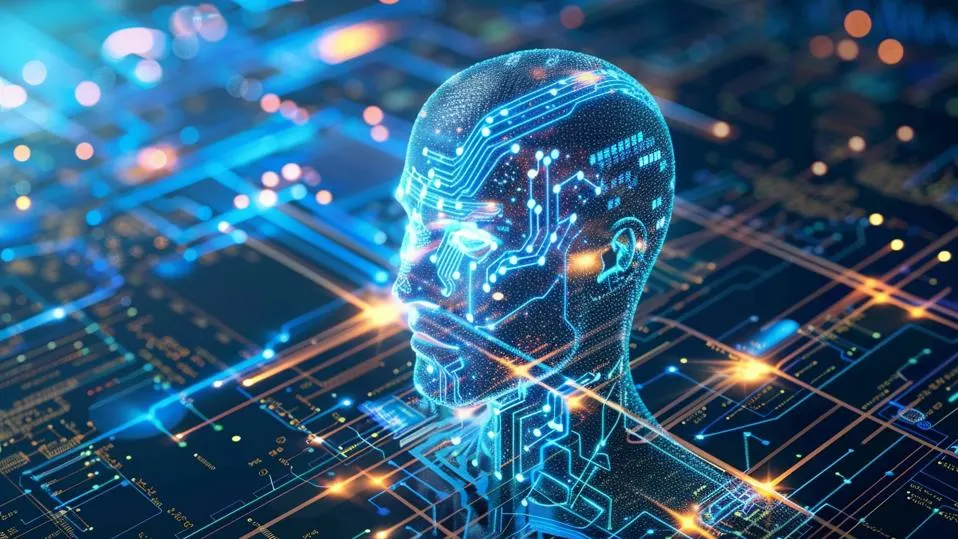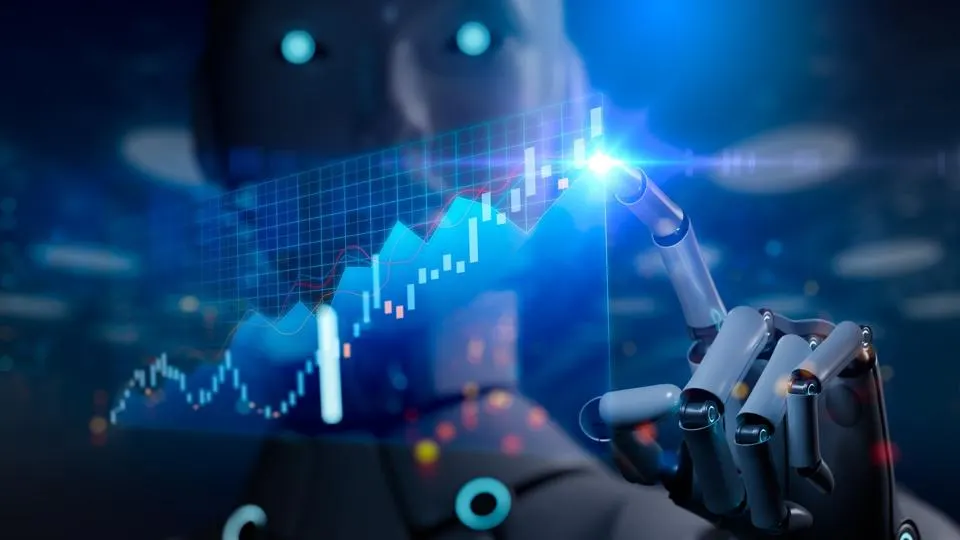The Effects Of Virtual Reality (VR) On Society
31 December 2021
You already know that virtual reality (VR) offers a fully immersive experience in which the user effectively blocks out the real world and enters a computer-simulated one.
For some people, the usefulness and entertainment factor of VR stops at video games or fitness apps. But many people (including me) believe it’s a phenomenon that will one day alter our everyday lives.
In this article, I’m going to share some examples of how VR is being used – and will be used in the future – in various industries and highlight its impact across a wide variety of areas like education, entertainment, sports, and travel. Along the way, I’ll be discussing some of the wider impacts of VR in our world.

How VR May Change Society
Retail: In the not-so-distant future, you'll be able to try on anything you want in the VR world and get a realistic sense of how it looks on you. This trend is already happening with augmented reality with several eyeglasses retailers, but we're going to see a much wider use of VR in the retail space in the future. This will likely put additional pressure on brands to ensure their VR shopping experiences are top-notch.
Education and Training: VR is already transforming the world of education and training. For example, Hilton’s VR training program uses computer graphics and 360-degree video to simulate tasks like housekeeping, room service, and front desk tasks. VR will be used for education in the classroom, as well, with realistic field trips, immersive history simulations, art lessons, and biology adventures (including VR dissection!)
Entertainment and Sports: Have you ever thought about what it would be like to attend a concert or sporting event, right from the comfort of your couch? This will be possible soon, thanks to virtual reality. Electronic DJ Marshmello and Travis Scott have already hosted virtual gigs in Fortnite, and many more are on the horizon. VRChat is also an exciting new social VR platform that lets users hang out and chat with each other using 3D lip-synced avatars. Or you can even attend a virtual church!
Healthcare: VR will have a huge impact on how the medical community diagnoses and treats diseases and illnesses. Right now, VR is being used to detect glaucoma, schizophrenia, and Alzheimer’s disease. It has also begun to establish itself as a useful tool for treating PTSD and anxiety disorders, dementia, and autism. VR can even help people complete their physical rehabilitation after an illness or injury!
Travel and Hospitality: Hotels using as VR as a marketing tool by creating immersive experiences that lure in new visitors. As consumers, we can also take VR excursions all over the world, to places like Zion National Park, Rio de Janeiro, Rome, or Dubai. Very soon, we’ll be able to go virtually anywhere in the world just by strapping on a VR headset.
Stepping Into the Metaverse
Now that you’ve gotten a taste of how VR will transform our world, let’s talk about one other aspect of virtual reality that we can’t ignore: the metaverse.
The metaverse is a unified, persistent digital environment where users can work and play together. Virtual reality is a linchpin in the creation of the metaverse, because the metaverse focuses on creating ever-more-sophisticated immersive experiences.
Potentially, the metaverse will be able to bring together all of the industries and activities we’ve talked about above into one connected place that users will be able to access for a wide range of experiences.
As technology continues to improve and as new applications are discovered, virtual reality will touch every facet of our lives and will likely become an everyday occurrence for many of us.
For more information on how virtual reality will impact our society, and the challenges that come with ongoing VR and metaverse development, check out my book: Extended Reality in Practice: 100+ Amazing Ways Virtual, Augmented, and Mixed Reality Are Changing Business and Society
Related Articles
2025’s Tech Forecast: The Consumer Innovations That Will Matter Most
Consumer technology covers all of the tech we buy to make our lives more convenient, productive or fun.[...]
7 Healthcare Trends That Will Transform Medicine In 2025
Healthcare has evolved dramatically in recent years, with technology driving countless new opportunities, just as demographic and societal factors have created new challenges.[...]
The Simple ChatGPT Trick That Will Transform Your Business AI Interactions
I believe ChatGPT and other generative AI tools can help pretty much any business.[...]
The Third Wave Of AI Is Here: Why Agentic AI Will Transform The Way We Work
The chess pieces of artificial intelligence are being dramatically rearranged. While previous iterations of AI focused on making predictions or generating content, we're now witnessing the emergence of something far more sophisticated: AI agents that can independently perform complex tasks and make decisions.[...]
How Generative AI Will Change Jobs In Cybersecurity
Ensuring robust cybersecurity measures are in place is more important than ever when it comes to protecting organizations and even governments and nations from digital threats.[...]
The 10 Most Important Banking And Financial Technology Trends That Will Shape 2025
As technological disruption and economic uncertainty continue to reshape the financial landscape, alongside dramatic shifts in consumer behavior and regulatory requirements, 2025 promises to be both challenging and opportunistic for banking and financial services.[...]
Sign up to Stay in Touch!
Bernard Marr is a world-renowned futurist, influencer and thought leader in the fields of business and technology, with a passion for using technology for the good of humanity.
He is a best-selling author of over 20 books, writes a regular column for Forbes and advises and coaches many of the world’s best-known organisations.
He has a combined following of 4 million people across his social media channels and newsletters and was ranked by LinkedIn as one of the top 5 business influencers in the world.
Bernard’s latest book is ‘Generative AI in Practice’.










Social Media